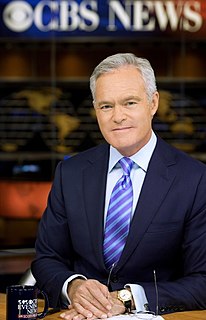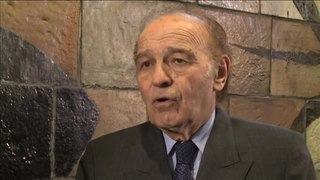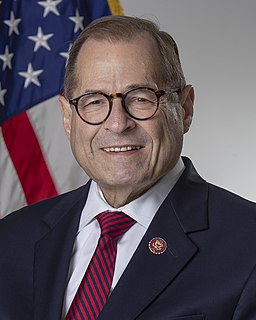A Quote by Hershel Shanks
Elie Wiesel has for years served as the moral compass of the civilized world. For many of us, including me, he has defined the Holocaust.
Related Quotes
The foundation of leadership is your own moral compass. I think the best quality leaders really know where their moral compass is. They get it out when they are making decisions. It's their guide. But not only do you have to have a moral compass and take it out of your pocket, it has to have a true north.
Elie Wiesel says that the greatest evil in the world is not anger or hatred, but indifference. If that is true, then the opposite is also true: that the greatest love we can show our children is the attention we pay them, the time we take for them. Maybe we serve children the best simply by noticing them.






























